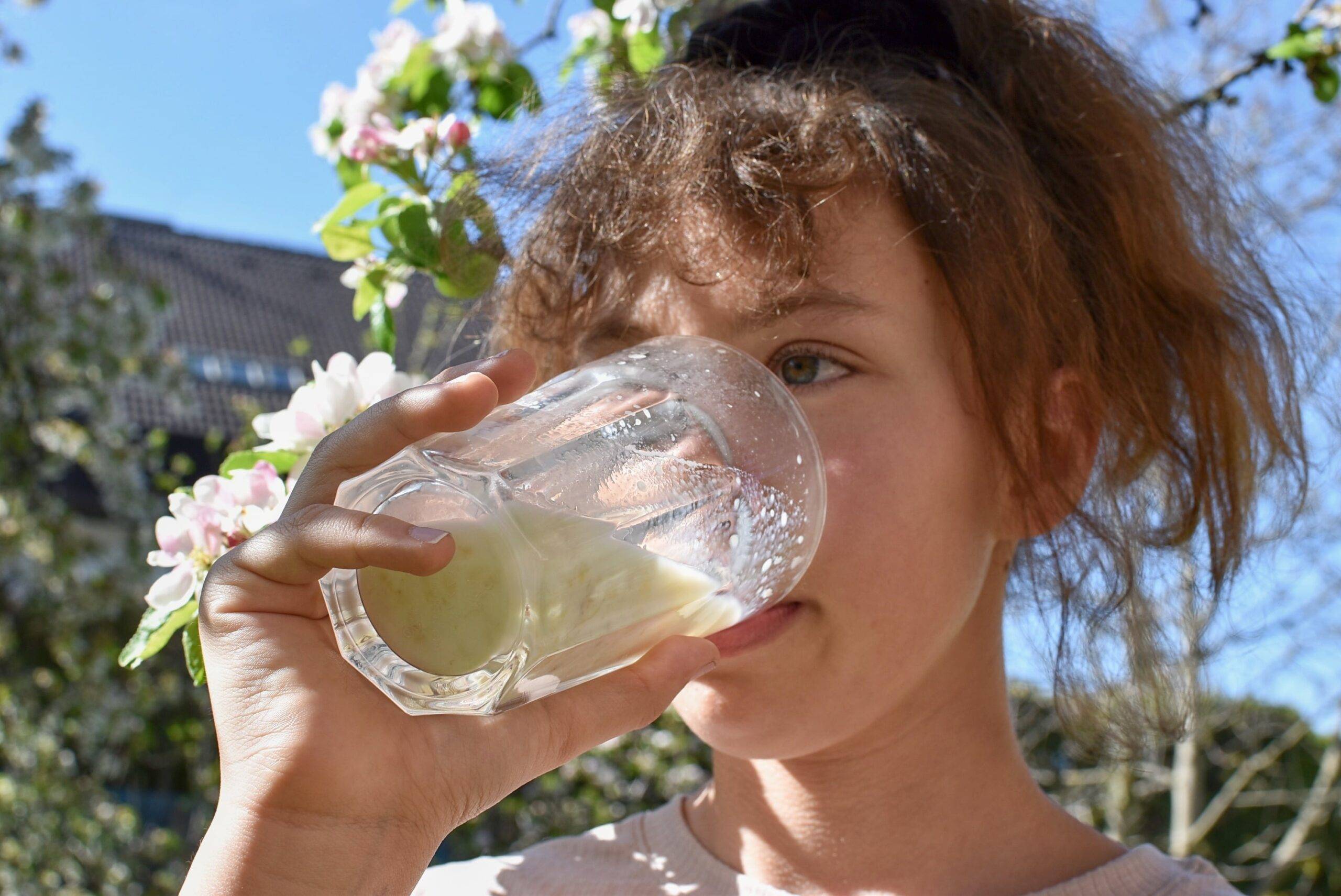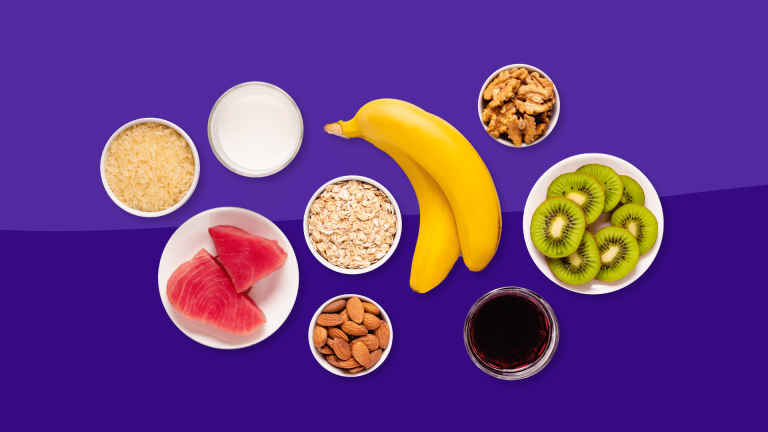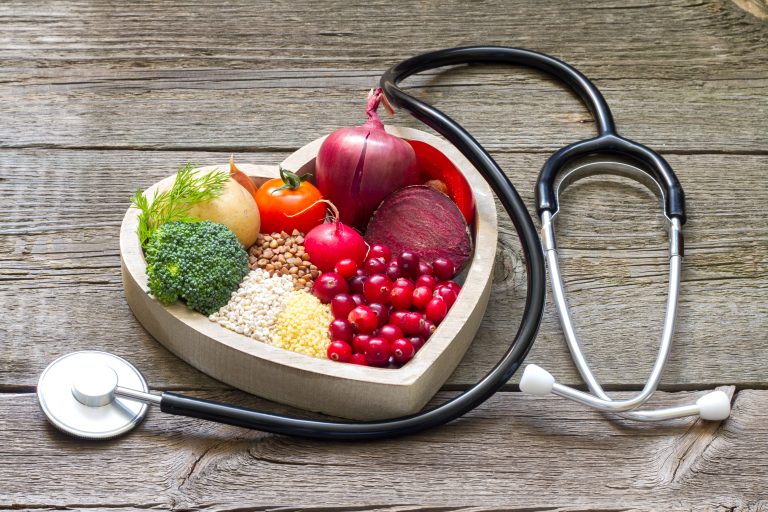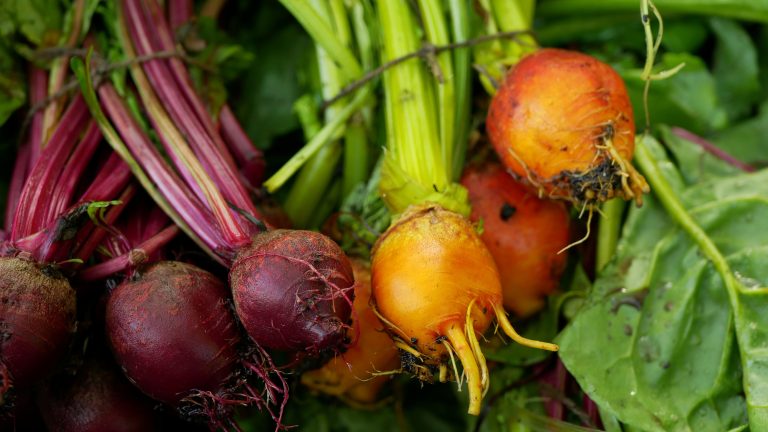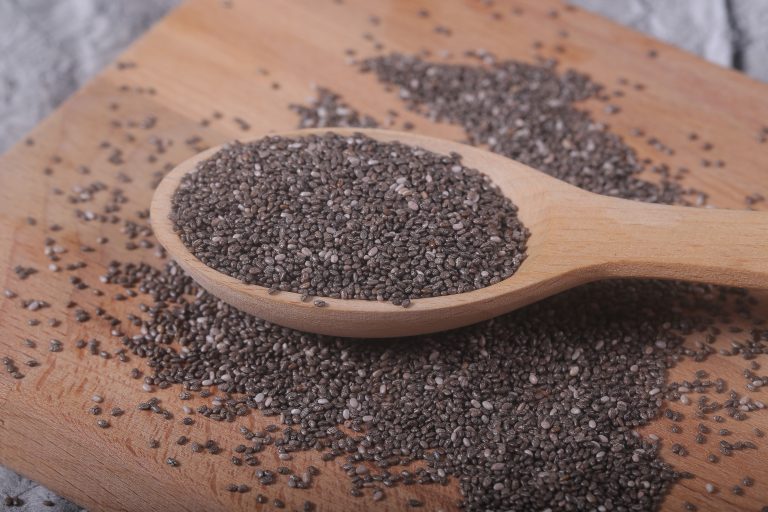Healthy food for our hyperactive and young sporty kids
Children like to go out and play with their friends. Some children however, have a nag for sports that can be pointed out at a very young age. Parent on recognizing the child’s talent send them to a particular sports club or encourage them to participate in a game of their choice. Once the kids get older, the sports enthusiasm increases and that means more determination is required by the child to practice and train harder to excel in the game. This requires sports nutrition for the child as it helps in their performance.
What are the most important things to keep in mind when feeding a child athlete/ active child?
- Make healthful eating a priority. This will mean planning ahead. Parents will want to pack a cooler for their child or children so they can be adequately fueled for their activities.
- Encourage fruits and vegetables. Fill the fridge and the cooler with easily accessible cut-up fruit and yogurt dip, cut-up veggies and hummus, and apples and peanut butter. These types of snacks encourage healthy eating but are also quick and easy and kid-approved!
- Emphasize family meal times. Don’t let organized sports disrupt family meals seven days a week.
- Decrease all the engineered foods such as bars, gels and sports drinks. These are not needed with kids even active kids. Real food works just fine, as long as your child tolerates it. The most important thing is to eat on a regular schedule. Make sure your child has a well-balanced breakfast (ex: low-sugar cereal, milk and a banana). However, some kids can get jittery before competition. If this is the case, keep it light and simple; even low-fat chocolate milk can serve as a pre-competition meal.
What should a parent do when their young athlete is also a picky eater”?
- Focus on performance. Just like a car needs gas to go, people need food to go, especially when it comes to an athlete. Let your child know that if they want to perform well in their sport, eating is an important part of training just as important as regular practice. Allow them to choose their own foods and to experiment with what works for them. If the focus is placed on food being the fuel that allows them to perform at their best, they will eventually begin to choose foods that make them feel their best.
Many parents are concerned that their child isn’t getting enough protein.
- Growing children need to consume adequate protein: 0.5 to 1.0 gram of protein per pound of body weight. While adequate protein is important to build muscles, eating extra protein via supplements will not build bigger muscles. Chicken breast, string cheese, peanut butter and low-fat yogurt and milk are all great sources of protein and are kid-friendly
Do children need sports drinks if they participate in sports? If so, when should they consume them?
- .As long as your child drinks adequate fluids, he or she does not need a sports drink after competition. Cold water and juicy oranges are fine refreshers. Sports drinks are actually designed to be consumed during exercise longer than an hour.
Tips to parents who have more than one child involved in sports and do most of their eating in the car between practices and events.
- Children often eat poorly because their parents have failed to plan for better choices. For example, let’s look at the rush to get to the event. With fluids, try to keep the refrigerator stocked with bottles of water, lemonade and juice. Grab them and go; you’ll reduce consumption of soda and sports drinks. For those in-the-car snacks/ mini-meals, stash granola bars, pretzels, animal crackers, banana and peanut butter sandwiches, fig cookies, apples and yogurt, or low-sugar cereal in the car; you’ll reduce trips to the snack shack at the event or practice for candy and chips
How can parents get their children to eat less junk food, often so prevalent at event venues?
- One of the most common tricks is to keep a nutritious second lunch post school/ pre game in order to avoid indulging your child in unhealthy snacks.. Enjoying a bean burrito, English muffin pizza, and cereal with milk, fruit smoothie or a sandwich is preferable to the standard routine of munching on candy bars, cookies and chips. A healthful second lunch is particularly important for kids who eat poorly at school lunch.
How should parents address a child who wants to make weight or obtain a certain body type for their particular sport?
As a parent, you need to downplay body size as an important currency of worth and teach your daughter or son to love her/himself from the inside out. Never comment about the size of large children; your child will conclude she must be thin to be valued and loved, and he or she will start dieting especially in young girls who are conscious of their body changes at the time of puberty and are also struggling to be the best at their sport. Their efforts to control weight may lead to a frustration, guilt, despair and failureand an eating disorder.
What should a parent do if their child is overweight?
Don’t forget that kids often grow out and up. Some children may appear to be overweight when their bodies are merely gearing up for a growth spurt; they will eventually gravitate toward a weight that is healthy for them. Appropriate eating and activity are the keys to a healthful weight. If your child appears to be overweight, provide food choices that are healthful and engage your child in active play. Often, overweight children can be embarrassed about engaging in sports. If this is the case, try a kids’ strength training class. Essentially, just get your child moving! If activity is fun for them, they will want to do it.
While the above article guides you to eating healthier, there is no substitute for customized professional advice given by a qualified nutritionist. We urge you to speak to your personal dietician or if you need help, contact a nutritionist at Qua Nutrition.
You can contact us at 080 3232 9292 or log on to www.quanutrition.com to Book An Appointment.

